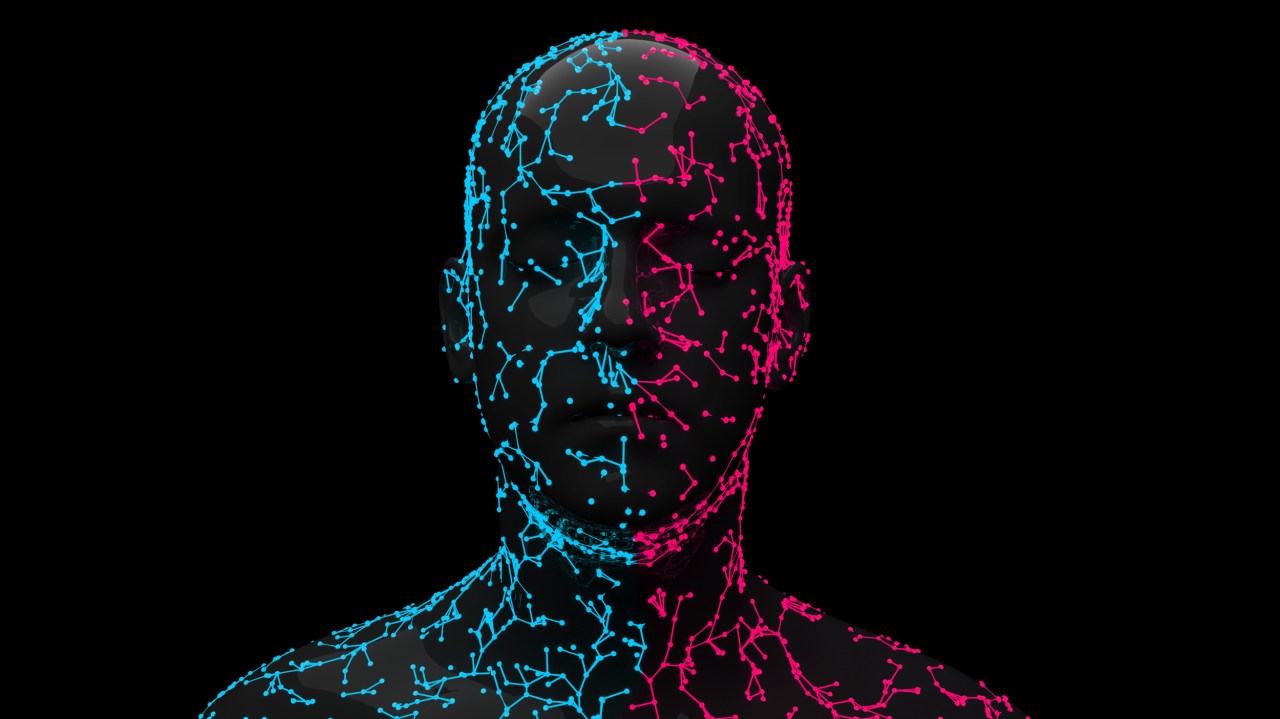In an age where technology continues to seep into the fabric of our lives, a disquieting revelation emerges from the intricate world of facial recognition. Recent research has unearthed the unsettling capacity of machine learning systems to deduce a person’s political affiliation based solely on their facial features. This exploration, led by Michal Kosinski at Stanford University, opens up a Pandora’s box of ethical concerns surrounding privacy, identity, and the implications of such advancements in AI.
The Study: Method and Madness
Published in the esteemed journal Scientific Reports, the study builds upon Kosinski’s previous work analyzing the predictive power of facial features regarding sexual orientation. Using a massive collection of over a million facial images sourced from dating sites and social platforms, the researchers explored whether similarly compelling results could be found regarding political identity. Participants identified their political backgrounds—liberal or conservative—through surveys, forming the foundation for the algorithm’s training data.
Exploring the “What” and “How”
The fascinating part of this research lies in the method employed. The machine learning algorithm utilized open-source facial recognition software, honing in on a set of 2,048 features extracted from the images. Unlike common descriptors, such as eye color or hair type, these features are a more numerical representation of facial traits. The algorithm was then tested against human subjects, showing that it could predict political affiliation with up to 73% accuracy—remarkable compared to the near-coin flip rate of human guesses at around 55%. So, what does this mean?
- The Surprising Power of AI: The ability of AI systems to differentiate subtle features in facial structure suggests the presence of conventional ties between appearance and ideological identity.
- A Call to Caution: The ramifications of this technology extending beyond academia raise serious questions about privacy and how such capabilities may be used in society, especially against marginalized groups.
Identifying Risks and Ethical Concerns
One of the core messages of Kosinski’s research revolves around the ethical implications and the pressing need for awareness regarding the use of such AI tools. Identifying political affiliations through facial recognition presents risks that are particularly heightened in today’s sociopolitical climate. The potential for oppressive regimes to leverage this technology for tracking or profiling dissenters—or even ordinary citizens—could lead to severe ethical breaches and a chilling effect on freedom of expression.
The Dark Side of Data: Implications for Society
The conversation regarding privacy risks is not new. For years, we have witnessed the evolution of surveillance technology, often touted for security but yielding unintended consequences. Similar to the patterns identified in facial recognition for sexual orientation, the findings of this study invite a provocative discussion about the potential for AI methodologies to amplify biases ingrained within society:
- The Normalization of Intrusion: With an increasing trust in machine-generated assessments, society must grapple with whether algorithms should have the power to predict our intrinsic characteristics.
- Safety versus Scare Tactics: Once such systems are rolled out, they may become double-edged swords—potentially beneficial for some, while posing significant risks to others.
Conclusion: Anticipating the Future of Facial Recognition
As we step deeper into a tech-driven world, the revelations from this research force us to confront harsh realities about identity, privacy, and freedom. It serves as a reminder of the unpredictable consequences that come hand-in-hand with the rapid progression of artificial intelligence. Our collective reflection on these findings can guide meaningful discourse and help refine regulations as we navigate the landscape of facial recognition technology.
At fxis.ai, we believe that such advancements are crucial for the future of AI, as they enable more comprehensive and effective solutions. Our team is continually exploring new methodologies to push the envelope in artificial intelligence, ensuring that our clients benefit from the latest technological innovations.
For more insights, updates, or to collaborate on AI development projects, stay connected with fxis.ai.

